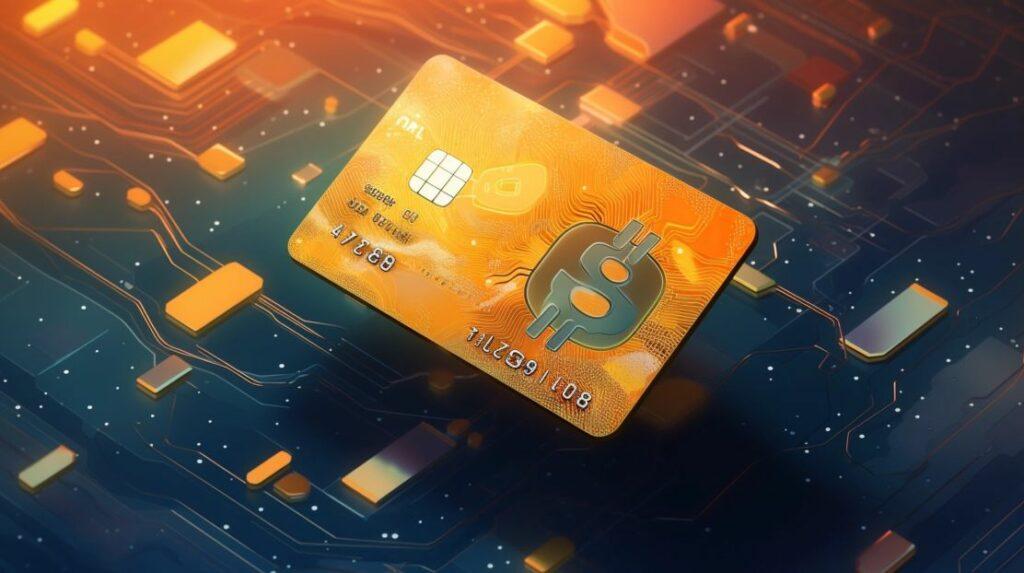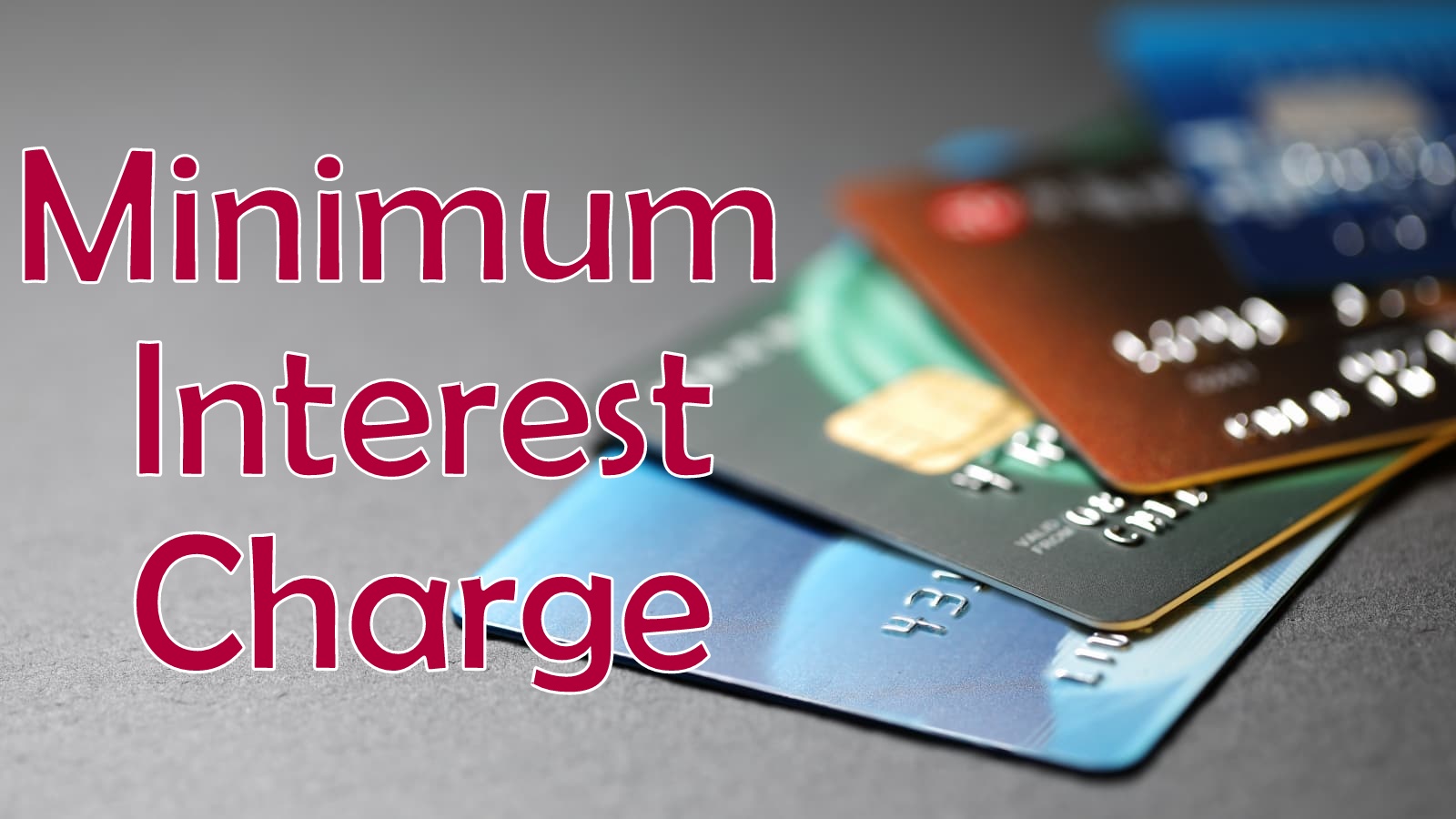It can be challenging to figure out which credit card type will work best for you because there are so many variations. Nevertheless, choosing a credit card that complements your spending habits and way of life can become clearer once you’ve determined precisely what kind of credit card you qualify for and how you intend to use it. It’s worth noting that not all credit cards are universal. For example, there are slot sites that accept credit cards, and there are those that only accept debit or charge cards.
We’ll go over a few of the most often used credit card kinds available, their functions, and the kinds of people who will probably benefit from each.
What Is The Number Of Credit Card Types?
Although many different kinds of credit cards can be used by practically any kind of cardholder, the most often used credit cards can be divided into seven categories: cash-back, travel, student, business, retail, balance transfer, and credit-building or secured cards.
Since secured cards are the simplest to qualify for, you’ll probably need to start your credit adventure with one of three options: a retail card, a student card, or a secured card. Until you demonstrate that you can responsibly manage credit by paying your bills on time each month and refraining from using the entire credit limit on your card, you will be given a low initial credit limit.
You will be able to apply for a greater choice of credit cards that provide rewards programs, a variety of perks and bonuses, and larger credit limits from which to borrow and repay once your credit score enters the “good” category, which is normally a FICO Score above 670.
There is probably a credit card out there that fits your needs, depending on your creditworthiness, spending habits, and lifestyle preferences. While many credit cards offer special perks without charging an annual fee, some do.
You can choose to get cash back on specific kinds of purchases or to dream of accruing points or miles that you can use to book free travel.
Your alternatives can become virtually endless as long as you act appropriately and don’t miss payments or spend more than you can quickly pay back.
Most Often Used Credit Card Categories
Let’s go over the most common credit card kinds, their functions, and the ideal users for each. Each type has its own peculiarities in managing credit cards.
Credit cards with rewards
Spending with rewards credit cards earns you points, miles, or cash back. The finest credit cards with rewards are those that allow users to avoid paying credit card interest by paying off their bill amounts in full and on time. Many reward cards are restricted to people with credit scores of at least 750.
Credit cards with cash back
Because cash-back cards provide value that is simple to understand, some consumers prefer them. Credit cards with cash back provide you a return on a portion of your purchases. Certain cash-back credit cards provide a fixed percentage of cash back on all transactions, for example, 2% back for each dollar spent on purchases. Alternatively, they might have bonus categories, such paying 1% on other purchases and receiving 3% back on eating.
Additionally, several cards have extra categories that change every year. For instance, the card name provides 5% cash back on a maximum of $1,500 in combined purchases made in bonus categories that change every quarter. Additionally, it earns 1.5% cash back on all other transactions, 3% cash back on eating, 5% cash back on travel booked through Chase, and 3% cash back on pharmacy purchases. If new Chase Freedom Unlimited credit card customers spend $500 on the card within the first three months of activation, they will additionally receive a $200 bonus. It’s good that certain cash-back credit cards include welcome incentives like this, even though not all of them do.
Credit cards for travel
Travel credit cards accrue rewards that can be applied towards travel expenses, including lodging and airline tickets. These cards could also come with extra travel-related perks like priority service or travel insurance. By the way, you can learn about the best credit cards for traveling here.
Credit cards for travel might vary greatly. While some give points or miles that can only be used for one co-branded airline or hotel firm, others generate incentives that may be transferred to many airline or hotel programs. Some credit cards specifically designed for travel even give benefits for spending on things like eating or petrol. In addition to offering initial account bonuses, some travel credit cards also have annual fees, albeit not all of them do.
Since the value of points received from various travel credit cards might vary depending on the airline or hotel, it can be challenging to compare the rewards from different cards.
High-End Reward Cards
Premium travel rewards credit cards are among the most lucrative rewards credit cards that you may read about online or in the press. Large welcome bonuses and exclusive perks are common features of premium rewards cards. Since many of these cards offer travel-related benefits and earn travel rewards, they are most frequently used for travel. Because of their distinctive and elegant appearances, metal credit cards and black credit cards are frequently linked to exclusivity and luxury, which can make them appealing choices for individuals looking for a premium credit card experience.
Although premium credit cards nearly usually come with hefty annual fees, if you use them wisely, they can be very beneficial. Additionally, a lot of premium rewards cards are restricted to people with strong or exceptional credit. These two premium rewards credit cards are among the most widely used ones: card_name and card_name. Both have yearly fees of at least $550, but they also provide other incentives to cardholders, including the chance to accrue statement credits for particular purchases.
Credit Cards for Businesses
Small business owners can use business credit cards to gain rewards, bonuses, and other features tailored especially for their requirements, all while keeping a clear separation between personal and business expenses. There are numerous small business credit cards available, each with a unique set of features, much like there are personal credit cards. There are business credit cards with 0% APR, cash-back business cards, and business cards with no annual fee. To also better understand how credit cards work, learn about what the future holds for them.
There are credit cards that offer airline miles, hotel points, or general travel benefits for business owners whose workers take business trips. As an illustration, the card_name allows points to be transferred to hotel or airline partners. Additionally, it offers three times the points for expenses up to $150,000 that are spent annually on online advertising, phone, cable, internet, and shipping.
Credit Cards for Students
To open a credit card account on your own, you must be at least eighteen years old. Credit cards targeted at students between the ages of roughly 18 and 22 may have more stringent verification requirements if you are under 21 but older than 18.
Credit cards for students are made especially to meet their demands. Students typically have minimal or no income, no credit history, and specific spending habits. In places like restaurants and grocery stores, where students frequently spend more money, some student credit cards may even give additional cash back. Some promote positive behaviors by rewarding timely bill payments or academic success with bonuses.
Purchase Cards with an Introductory 0% APR
When you open a credit card with 0% APR, you can avoid paying interest on new purchases for a predetermined amount of time. You can get ahead on future payments, invest for the future, or pay off an existing balance with these cards.
These interest-free promotional financing deals are required by law to last for a minimum of six months. The most alluring credit cards, however, provide financing with 0% introductory APR for a minimum of 15 months.
When comparing 0% APR cards, factors like balance transfer offers, standard interest rates, and other fees levied by the card are crucial to take into account in addition to the duration of the special financing term. Remember that after the promotional rate expires, you will still be required to pay a minimum amount each month and that interest will be charged on any unpaid debt.
Credit Cards that are Secured
A refundable security deposit, which usually equals the credit limit on the card, is required for secured credit cards. Since you’re essentially pre-funding your credit line, secured credit cards are easier to get approved for than the majority of unsecured credit cards. They are therefore a possibility for those with poor credit.
Additionally, secured credit cards are sometimes less expensive than unsecured credit cards, which are accessible to those with poor credit. The fact that most secured card issuers submit your balance and payment history to Experian, Equifax, and TransUnion – the three main consumer credit bureaus – is another perk of these cards. Therefore, using your card sensibly and making on-time bill payments will help you establish credit.
Secured credit cards function just like regular credit cards, with the exception of the security deposit and credit limit. When you use your card to make a payment, nobody will be able to tell that you’re using a secured credit card because the physical card appears just like any other credit card. Furthermore, as the security deposit is only applied in the case of a default, you are required to make your monthly payment.
Your card issuer might even let you switch from a secured to an unsecured card without canceling your initial credit line if your credit gets better. You will then be able to cancel your secured card account and get your money back.
Credit Cards with Co-Brands
Some businesses provide co-branded credit cards in collaboration with banks. These credit cards are issued by the bank, but they offer incentives and perks to the company (such a certain hotel or airline). Getting a co-branded credit card from an airline or hotel can make sense if you frequently travel with them.
- Credit cards for airlines.
Since airline tickets can be among the most expensive aspects of traveling, some individuals prefer to accumulate miles or points on a co-branded credit card that they can use to book award flights. Certain airline credit cards provide extra airline privileges, such as priority boarding or free checked baggage. Credit cards are offered by almost all major airlines as well as some smaller ones. United, Southwest, Delta, and Frontier are a few examples. Also, many cards give bonuses to customers for advertising. - Credit cards for hotels.
Hotels are typically the second most expensive travel expense after airline tickets. Having a co-branded credit card for a hotel may make sense if you like to stay at that particular brand over others. Points from hotel credit cards can be exchanged for prize stays. Extra advantages, such as early or late check-ins, late check-outs, room upgrades, and the like, are sometimes included with hotel credit cards. Credit cards are offered by nearly all large hotel chains as well as some smaller ones. Hyatt, Hilton, Marriott, IHG, and Wyndham are a few examples.
Keep Credit Cards in the Store
Co-branded store credit cards are offered by certain retailers. Those who purchase at a specific store frequently might wish to acquire a store credit card to maximize their expenditure. Store credit cards might provide you discounts or exclusive benefits in addition to earning bonus points on purchases made at that particular store. Certain store credit cards are limited to in-store purchases, while others are accepted everywhere as part of a wider payment network such as Visa or Mastercard.
How to Pick the Credit Card
While selecting the credit card type that is appropriate for you, some things to think about are as follows:
- Your credit status (i.e., whether you have a decent to exceptional score already or are just getting started).
- What kind of incentives are you seeking?
- The area where you spend the most money.
- If you would be willing to fork over a yearly fee to receive special benefits.
A retail, student, or secured card is your best option if you are new to credit. You’re more likely to get approved for an upscale rewards card if you already have a good credit history and score.
In addition to your creditworthiness, carefully examine your spending habits if you’re considering a cash-back credit card. Look for a credit card that offers good rewards for the areas where you spend the most money.
Choose a credit card that gives you a high rewards rate on your grocery shopping if that’s the category where you spend the most money. If a significant portion of your income is going towards petrol, you might want to consider a credit card that offers extra cash back on petrol purchases.
If you’re thinking of traveling, choose between a rewards card that is linked to a particular hotel or airline or one that is general travel. Generous welcome bonuses are frequently offered by travel credit cards, which can help you accumulate more miles or points. Together with these substantial perks, they also include free checked baggage, lounge access, travel interruption/cancellation/lost luggage insurance, and more.
As long as you feel comfortable handling numerous card payments, you can carry two or three cards to benefit from what each has to offer. For instance, if you frequently fly Southwest Airlines and shop at Target, you can use the Target RedCardTM Mastercard* for your Target purchases and your Southwest credit card for all other purchases to accrue points towards free travel.
If your spending isn’t in line with the rewards program, you won’t be able to maximize your rewards. Therefore, to ascertain whether the card will be a good fit for your spending and financial goals, conduct some research and perhaps even do some maths.
In Summary
Credit cards come in a variety of forms and categories. While some credit cards help you finance debt from another credit card with a reduced APR, others generate rewards in the form of miles, points, or cashback and provide additional benefits. Some cards are used to finance significant expenditures, while others assist users in establishing credit. Business credit cards are used by both companies and small enterprises to pay expenses and receive incentives. Certain cards can serve more than one purpose.
Based on your needs and the reasons for your credit card need, select a card with the features that best fit your profile. Additionally, it is totally permissible to not use or own a credit card.
If you decide you do want a card, make sure you read up on the various options and comprehend the rules in their entirety before applying so you may be ready to use the card sensibly if you are approved.
Is a freelance tech writer based in the East Continent, is quite fascinated by modern-day gadgets, smartphones, and all the hype and buzz about modern technology on the Internet. Besides this a part-time photographer and love to travel and explore. Follow me on. Twitter, Facebook Or Simply Contact Here. Or Email: [email protected]








Leave a Reply